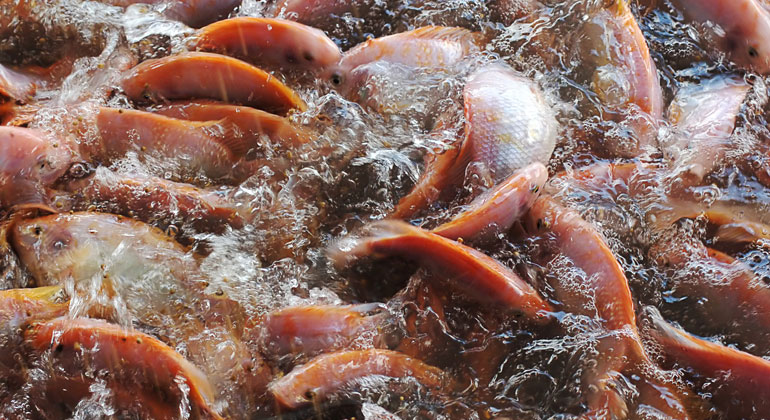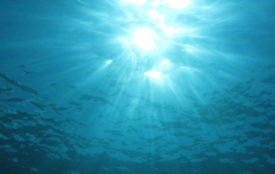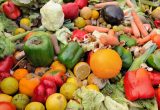Concern for the oceans drives consumers to ‘vote with their forks’ for sustainable seafood
One in three fear their favourite fish will be off the menu by 2040
High levels of concern for our oceans are driving a new wave of consumer activism, research for the Marine Stewardship Council reveals, as consumers increasingly ‘vote with their forks’ to safeguard our oceans.
The largest survey of its kind involving more than 20,000 people across 23 countries, conducted by independent insights consultancy, GlobeScan, reveals that 6 in 10 seafood shoppers (58%) already made changes to the way they choose and buy seafood in the last year in order to protect fish in our oceans.
Consumer activism includes switching to brands or products that say they help protect the oceans or fish (23%), buying different seafood species (17%) and changing where they buy seafood (15%). Eight in 10 seafood consumers (83%) are prepared to take further action in the future to safeguard our oceans.
That action is being fuelled by the worry held by nearly 1 in 3 people globally (31%) that their favourite fish won’t be available to eat in 20 years’ time. A higher proportion of 18 to 24-year-olds (37%) fear their favourite fish will be off the menu by 2040 than the over 55s (27%). Young people and parents are also more likely to have taken action in the last year 1 and be willing to take action in the future to protect fish and seafood 2.
For plenty more fish to be left in the sea, two thirds (65%) of seafood lovers say buying fish and seafood from sustainable sources is vital, and two fifths (41%) say they notice ecolabelled products when shopping.
Oceans contain up to 80 percent of life on earth 3, with seafood providing an important source of protein to more than 3 billion people across the world 4. However, a third of fisheries around the world have been fished beyond sustainable limits, and a further 60% are fished to their maximum capacity 5.
This World Oceans Day (8th June), the independent, not-for-profit Marine Stewardship Council is launching a new global campaign Little Blue Label, Big Blue Future. The aim is to encourage more consumers to switch to seafood certified to its rigorous ‘blue label’ standard.
Rupert Howes, Chief Executive at the Marine Stewardship Council said: “With overfishing, climate change and pollution putting increasing pressure on our oceans, the choices we make as consumers have never been more important. This survey shows people really do care where their seafood comes from and how it is sourced.
“At a time when the seafood industry is facing unprecedented challenges as a result of the coronavirus pandemic, we can all play a part in supporting fishers committed to sustainable practises, helping to protect marine ecosystems and safeguarding our seafood supplies for future generations. Choose certified sustainable seafood by looking out for the blue MSC label.”
…………………………………………………………………………
1 74% of 18 to 24-year olds compared with 49% of those over 55, and 65% parents compared with 53% of those who do not have children, have taken an action to protect fish and seafood in the last year.
2 89% of 18 to 24-year olds compared with 78% of those over 55, and 86% parents compared with 81% of those without children, say that they are willing to take action in the future to protect the fish and seafood in our oceans.
3 An estimated 50-80% of all animal life on earth is found under the ocean surface. More detail can be found in PNAS 115 (25) 6506.
4 According to the United nation Food and Agriculture Organisation, fish provide about 3.2 billion people with almost 20 percent of their average per capita intake of animal protein – (UNFAO 2018) SOFIA Report, p70
5 According to the United Nation’s Food and Agriculture Organisation, 33% of the world’s fish stocks are currently overfished, with this figure increasing consistently since 1974. 60% are fished to their maximum capacity.








